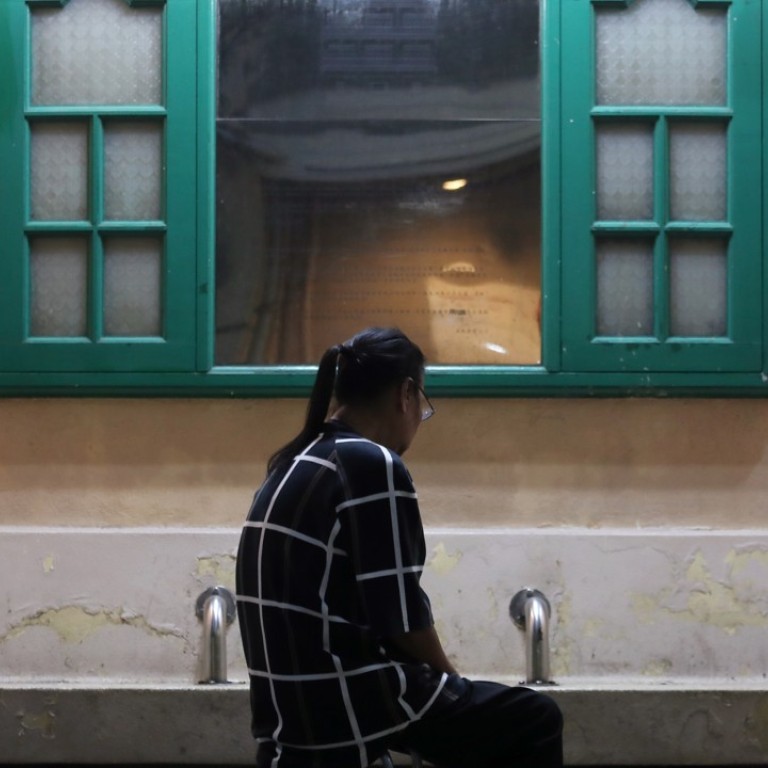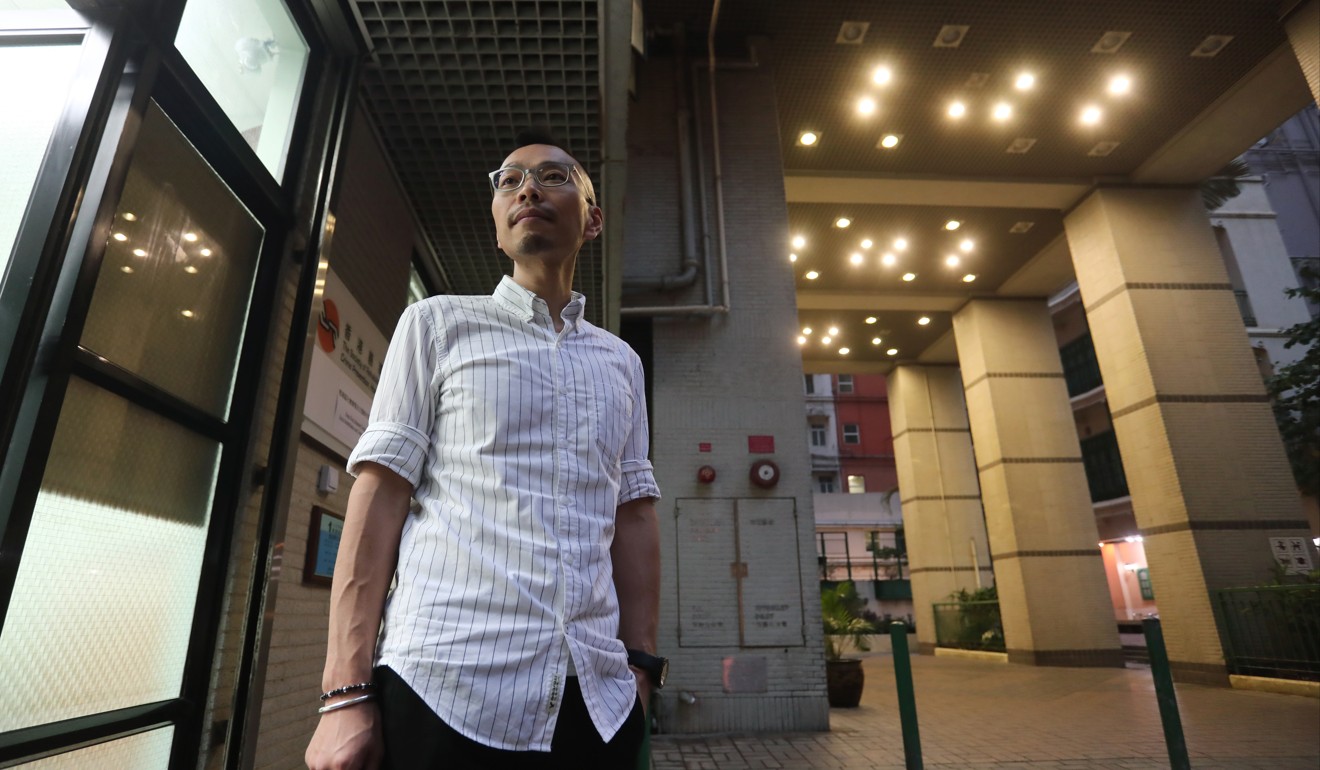
Exclusive | A bipolar grandmother faces jail in Hong Kong for an offence she can’t remember committing, while other elderly residents have found prison ‘more comfortable’
Social workers say there may be factors beyond poverty driving seniors to shoplift, and some issues can be solved with care and support
More than a month since she was arrested for stealing mosquito repellent from a supermarket, 69-year-old Ah Ying still has no idea whether she really committed the crime.
“I really don’t know whether I did it,” Ah Ying said. “The repellent cost only about HK$200 (US$25) and I was carrying HK$3,250 that day.”
It was the second time Ah Ying had been arrested for shoplifting at the same supermarket. After the first incident last year, she was spared jail and bound over for one year, but she may not be as lucky this time as she would be a repeat offender if found guilty.
Dementia, poverty or a cry for attention? Shoplifting cases among Hong Kong’s elderly on the rise
Diagnosed with bipolar disorder a decade ago, Ah Ying has been living with her 14-year-old grandson in a public housing flat.
“[The latest arrest] really troubles me. I want to cry every day ... and my grandson keeps bombarding me with questions about whether I’ll be thrown behind bars,” she said. “I don’t understand – why would I do something like this to make my family worry?”
I want to cry every day ... and my grandson keeps bombarding me with questions about whether I’ll be thrown behind bars
Ah Ying’s case is one of many handled by the Society of Rehabilitation and Crime Prevention through Project Hope – a joint programme with police, launched in 2016. The scheme aims to offer help to elderly petty criminals.
Police initiated the scheme after noticing the crime rate among the elderly had registered only a slight drop, amid a sharper general decline in recent years.
Tom Tse Kei-leung, a supervisor at the society, said they had discovered a pattern. Many offenders – including Ah Ying – who received help from the organisation had shown symptoms of early dementia.

Earlier this year, after consulting a psychiatry expert, the society required clients to fill in two questionnaires to identify those in the early stages of dementia and depression. Out of 20 respondents, 16 showed signs of dementia, according to Tse.
“Ah Ying’s case showed us elderly shoplifting may not necessarily be caused by poverty ... We need a more comprehensive perspective on the trend as timely treatment [for offenders] is more important than punishing them,” he said.
Timely treatment [for offenders] is more important than punishing them
There are an estimated 134,000 dementia patients in Hong Kong – a number expected to balloon amid an ageing population crisis.
Tse’s organisation offers counselling and help to elderly offenders, as well as providing them with referrals for a proper diagnosis.
Social worker Chan Wai-shing echoed Tse’s call, adding awareness of dementia should be enhanced not only in society but also in the legal system.

“The court may not realise some [offenders] have dementia. If this is known earlier, such suspects may be able to face a fairer trial,” Chan said.
In the long run, the society said it hoped shop workers and frontline police officers would be better equipped to handle and identify dementia patients.
For others like Ah Lee, 73, a repeat shoplifter, it was a slew of other issues that led him to petty crime.
Ah Lee had been living alone for decades in Western district. He walked with a limp from an accident years ago, and he felt this gave him an advantage if he was caught shoplifting, as members of staff took pity on him.
With more elderly households and people aged above 80, can Hong Kong cope with its greying population?
He shoplifted because he was “itching” to and would feel proud for being able to get away with it. But when he was caught and jailed, he also found being behind bars to be “more comfortable than the outside world”.
“You are provided with three meals a day and there is a feeling of being taken care of,” Ah Lee, whose only son lives in Canada, said. “It is like taking a break.”
He has stopped his habit over the past two years since renting part of his flat to a family of four with two kids.
“There is more noise in the flat now and the innocent kids have made me happier,” he said with a grin, adding he had also been volunteering.
Chan said the cases suggested many seniors did not steal things because of greed or a dire financial situation.
“Most of them stop once some services are offered to them,” he said. “They just need care and support.”

